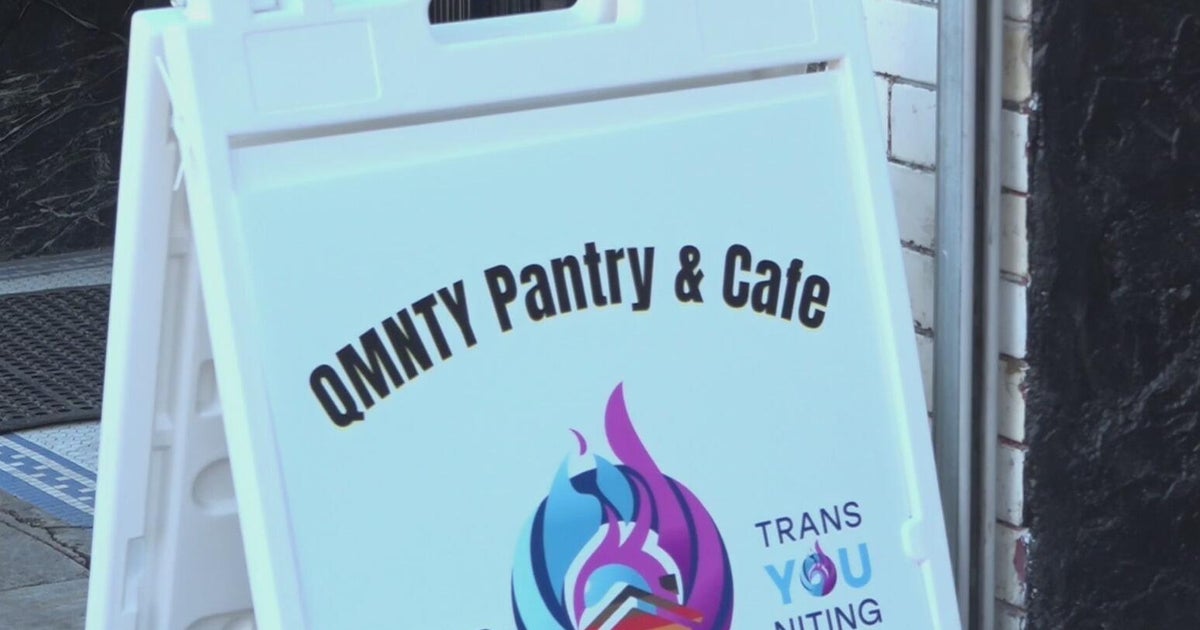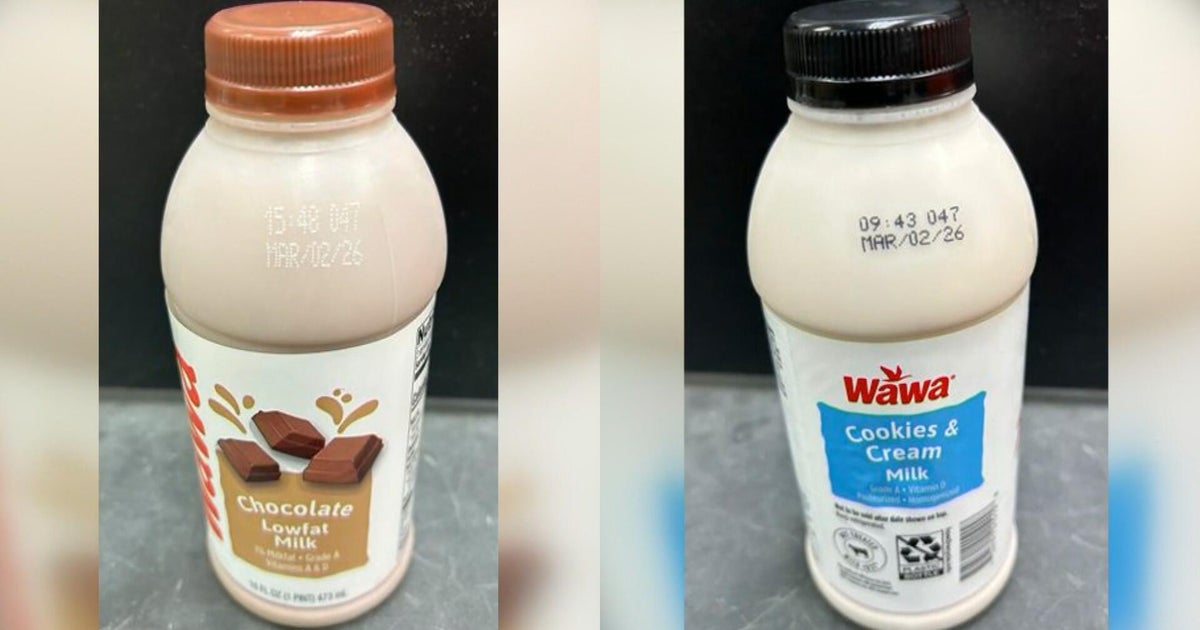Don't Eat Romaine Lettuce -- Here's Why
(WWJ) Plenty of people are trying to shed some pounds in the New Year and for many of us that includes salads -- lots and lots of salads.
If your salads include hearty and vitamin-filled romaine lettuce -- stop right now.
Why? It's on the advice of food safety experts at Consumer Reports, who are advising people in the U.S. and Canada to stop eating romaine lettuce.
According to Consumer Reports, 58 people in the U.S. and Canada have become ill from the strain of E. coli -- O157: H7 -- in the last seven weeks.
One person in each country has died.
In the U.S., the infections have been confirmed in 13 states — California, Connecticut, Illinois, Indiana, Michigan, Nebraska, New Hampshire, New York, Ohio, Pennsylvania, Virginia, Vermont and Washington.
The U.S. Food and Drug Administration has not weighed in, but Consumer Reports says until the cause of the outbreak is known, people should avoid eating romaine lettuce.
Consumer Reports adds the source of the E. coli food poisoning is being investigated by FDA and CDC, along with public health officials in Canada. Canadian health authorities identified romaine lettuce as the source of the outbreak in their country, and since Dec. 14 have been advising people to consider eating other types of salad greens until further notice.
"They said sick people reported eating romaine from a variety of locations, including grocery stores, restaurants and private homes," Consumer Reports found.
"Even though we can't say with 100 percent certainty that romaine lettuce is the cause of the E. coli outbreak in the U.S., a greater degree of caution is appropriate given that romaine lettuce is almost always consumed raw," according to James Rogers, Ph.D, who is CR's director of food safety and research.
"While anyone can get sick if they are infected with this strain of E. coli, young children, the elderly, and anyone who has a condition that weakens the immune system, such as cancer or diabetes, are at a greater risk," Rogers added. He advises that people in these groups should be particularly vigilant about avoiding romaine lettuce.
Neither the U.S. nor Canadian health officials have provided information on where the suspect romaine lettuce was grown or processed. So for now, Consumer Reports says people should assume that any romaine lettuce, even when sold in bags and packages, might be contaminated.
"Do not buy romaine lettuce and don't use any that you may have in your refrigerator until there is more information on the source of contamination," CR says. You should also check pre-packaged salad blends and mixes, and avoid any that contain romaine.







